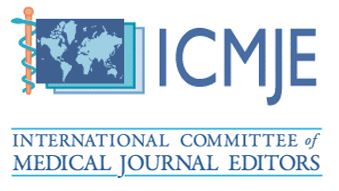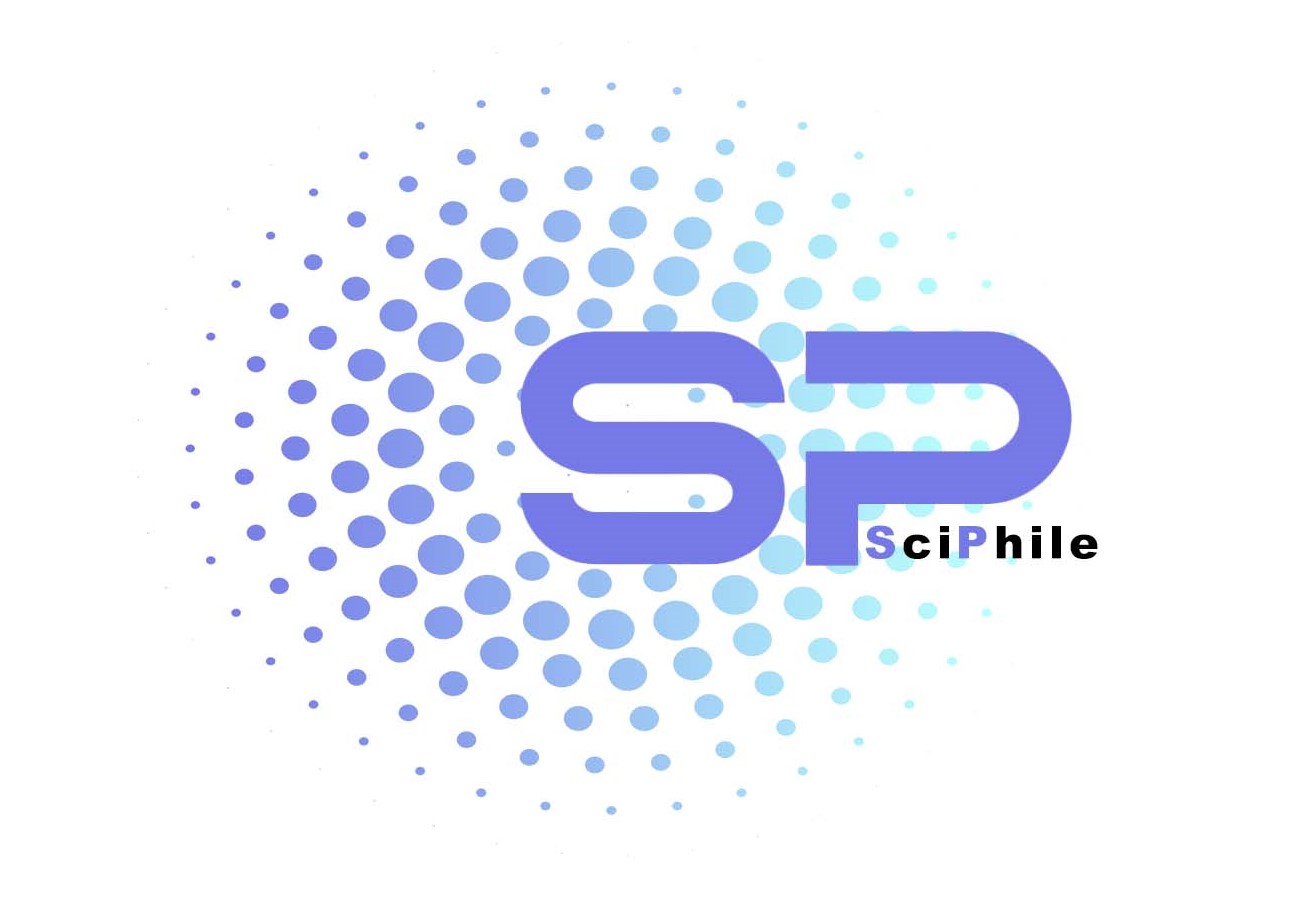The Roles of Moral Intelligence, Empathy, and Prosocial Tendencies in Predicting Satisfaction with Life and Belief in a Just World
Keywords:
Belief in the just world, Desired social orientations, Ethical intelligenceAbstract
Aim: The present study aimed to determine the roles of moral intelligence, empathy, and prosocial tendencies in predicting satisfaction with life and belief in a just world in participants in charitable programs in Tehran. Method: The study was descriptive and correlational and selected 240 male and female participants in charitable programs in Tehran using a convenience sampling method. The participants responded to the Moral Intelligence Questionnaire by Lenik and Kiel (2008), the Empathy Scale by Jolliffe and Farrington (2006), the Prosocial Tendencies Measure by Carlo, Hausmann, Christiansen, and Randall (2003), Belief in a Just World Scale by Adel Sutton and Douglas (2005), and the Satisfaction with Life Scale by Endicott (1993). We analyzed data using correlation coefficient and Multiple Regression. Results: The correlation results indicated that there were significant relationships between belief in a just world and satisfaction with life with moral intelligence, empathy, and prosocial tendencies. Furthermore, there were significant relationships between belief in a just world and moral intelligence dimensions (responsibility, compassion, and forgiveness) and dimensions of prosocial tendencies. Furthermore, there were significant relationships between belief in a just world with empathy dimensions, and also between satisfaction with life and moral intelligence dimensions (honesty, responsibility, compassion, and forgiveness), and dimensions of prosocial tendencies and empathy (emotional and cognitive dimensions). Furthermore, moral intelligence, empathy, and prosocial tendencies could predict belief in a just world and satisfaction with life in participants in charitable programs. Conclusion: Fair behaviors, empathy, acceptance of others, and rights and responsibilities were the prominent characteristics of people with high moral intelligence and empathy and all the characteristics caused a sense of inner satisfaction in them and ultimately the satisfaction with life.
Downloads
Downloads
Published
Issue
Section
License
Copyright (c) 2019 Shahriyar Vejdani, Nasim Nouri (Author)

This work is licensed under a Creative Commons Attribution-NonCommercial 4.0 International License.




































